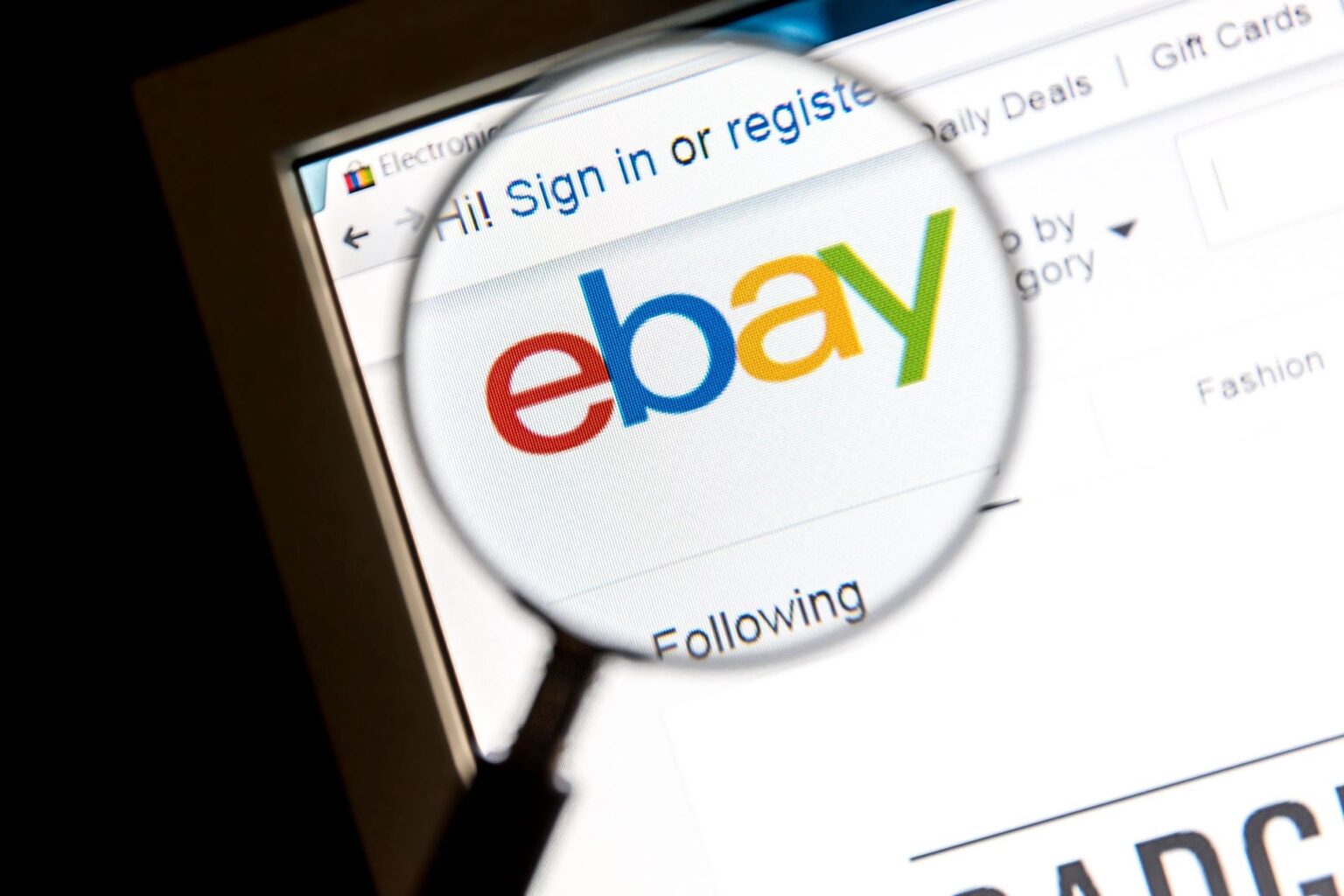Selling online is a popular (and cheap) business idea for side hustlers. But while Vinted and Depop are Gen Z favourites, many of us still remember the good old fashioned days of the eBay auction. And now might be the perfect time to rediscover your old account.
From today, eBay will no longer charge transaction fees for private sellers, except for those trading old cars, motorcycles and other vehicles. The 90s marketplace used to take up to 15.55% of the final selling price in fees.
Depop removed its selling fee this year, while Vinted also does not charge sellers. Instead, the onus is on purchasers to pay a buyer protection fee of between 3% and 8% per sale.
As flogging unwanted items becomes cheaper, and ecommerce sites race to attract new users, now is the ideal time for Brits to empty out their wardrobes and set up an eBay shop.
Back to the 00s
eBay first sprung up on the internet’s high street in 1995. Originally named AuctionWeb it was an instant hit, becoming one of the first global ecommerce marketplaces in the early 00s heyday of online shopping.
However, eBay’s dominance in the sector has declined thanks to the arrival of rivals such as Amazon and Etsy. Social shopping apps like Vinted and Depop have also stolen a sizable share of the website’s customer base, particularly among younger audiences, who are perhaps put off by eBay’s dinosaur reputation in the industry.
In an image shake-up, eBay removed seller fees for fashion items last year. It says this led to a double-digit increase in listings for popular items such as jeans, shirts, and dresses.
“Removing selling fees across categories is designed to give buyers access to greater breadth and depth of inventory, while creating a simplified and streamlined experience for sellers”, said Kirsty Keoghan, GM of eBay UK.
Why sell on eBay?
In a survey by eBay, the website found that half of all households in the UK value their unused items at between £50 and £300, while 24% were sitting on items worth more than £500. Most commonly, these were old items of clothing, DVDs, CDs and gadgets.
By removing seller fees, eBay could jump up the relevance rankings to become one of the most popular online marketplaces for those selling these pieces as a side hustle.
Depop removed its 10% seller fee back in March, replacing it with a new “marketplace fee” for UK buyers worth up to 5% of the purchase price, plus a fixed charge of up to £1. However, Depop sellers still have to pay a payment processing charge.
Vinted has also received some criticism for its “buyer protection fee”. This can cost between 3% and 8% of an item price, plus a fixed charge, making the app less attractive for users.
It is not clear if eBay will introduce a buyer fee. However, its huge audience means that a buyer boycott would be unlikely to make a dent in the platform’s customer engagement. Last year, eBay had 132 million active buyers across the globe.
Enticing new sellers could help to add this impressive customer base. When eBay Germany cut seller fees last year, 250,000 Germans who had flocked to the site to sell ended up buying twice as much as typical users.
Beware the Side Hustle ‘tax’
Those who do choose to list old childhood toys, teenage gadgets and outgrown outfits online will need to be careful. As the popularity of these apps grows, HMRC has cracked down on professional sellers who are using the site to profit by introducing a Side Hustle ‘Tax’.
Those selling some hand-me-downs for a few quid likely won’t end up paying tax. But the law change means some of those with a side gig will need to register for self-assessment. For example, if you make more than £1,000 a year or sell over 30 items.
The ‘tax’ label sounds scary, but it should not put people off selling online; particularly as platforms clamour for new salespeople to sign up. Oasis is back, and with the scrapping of its seller fees, a similar 00s revival could be on the cards for eBay.




